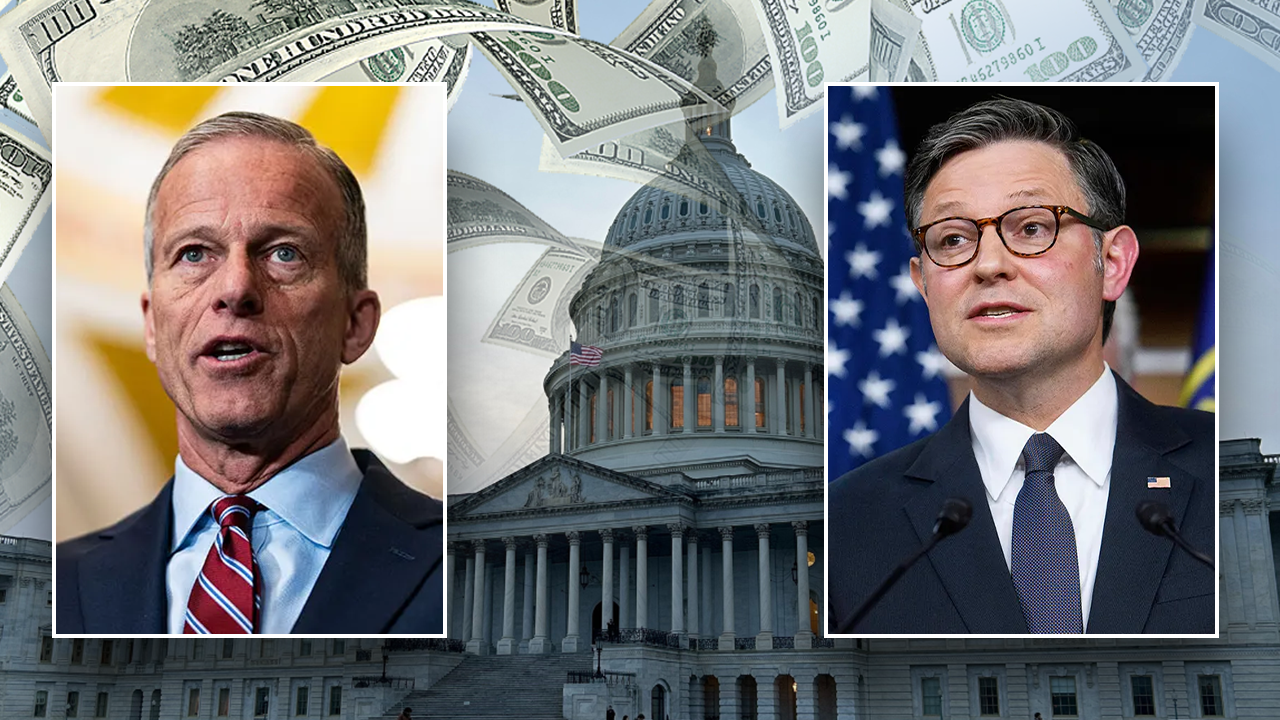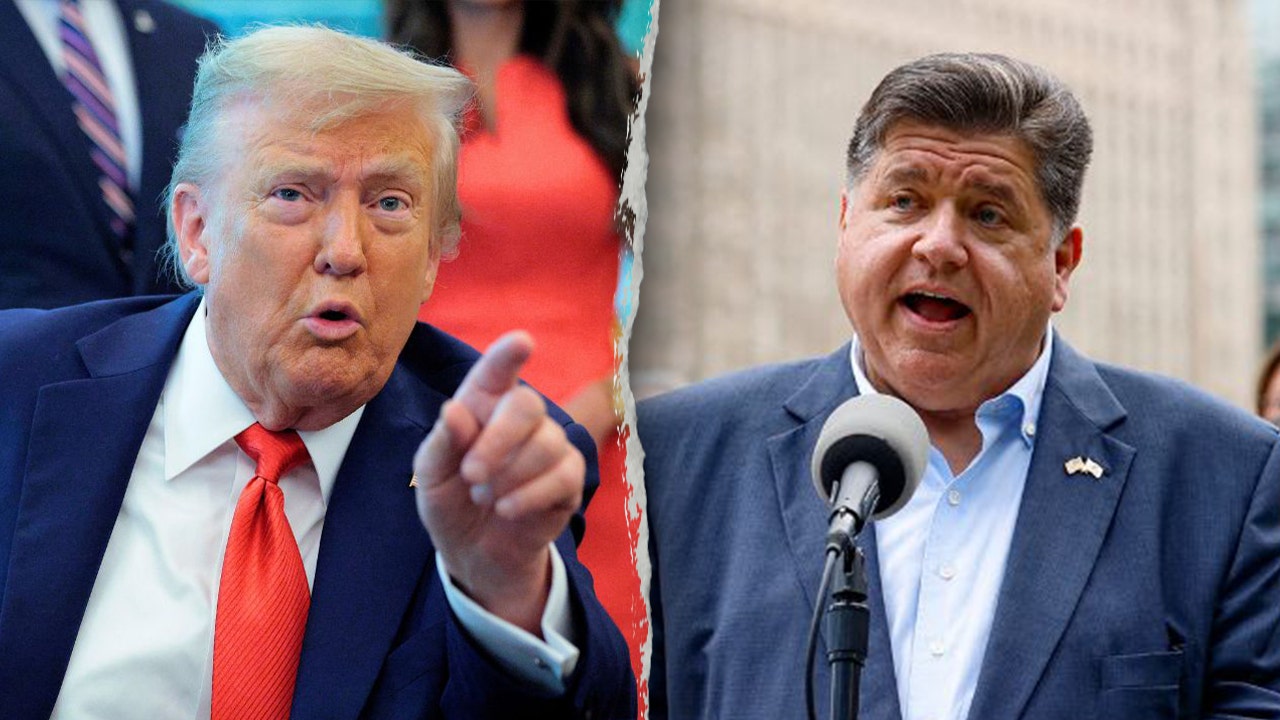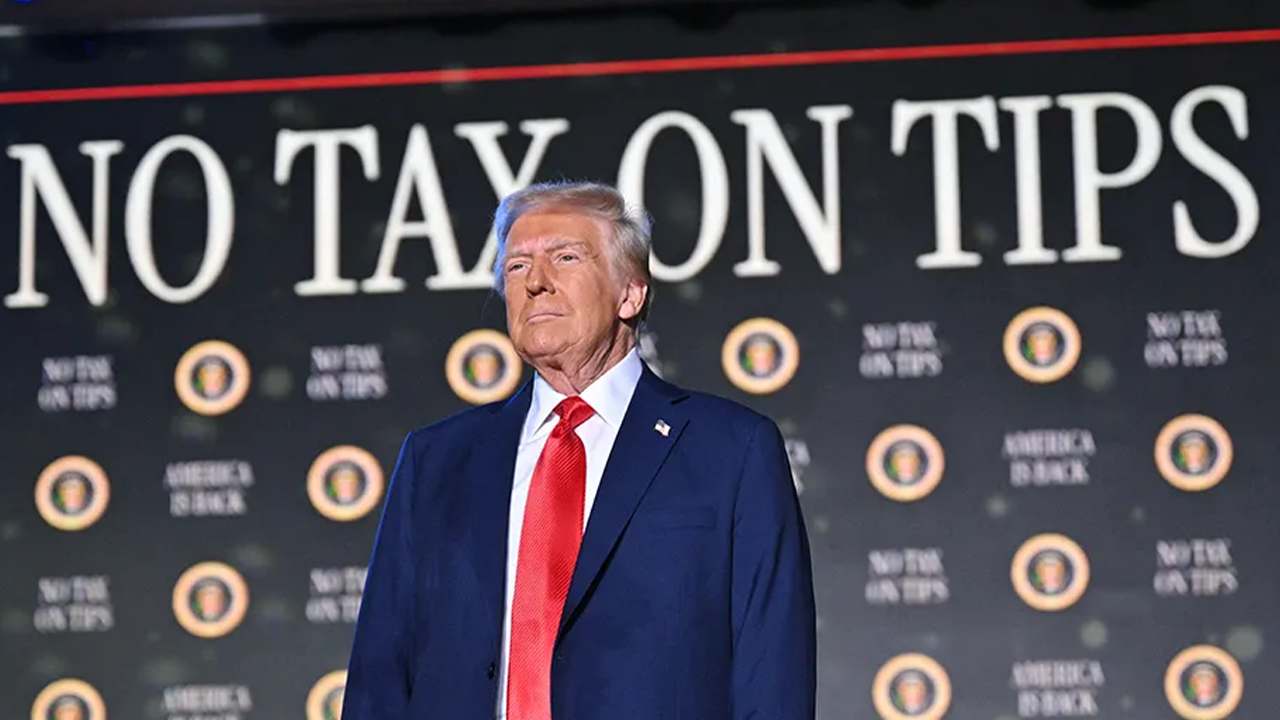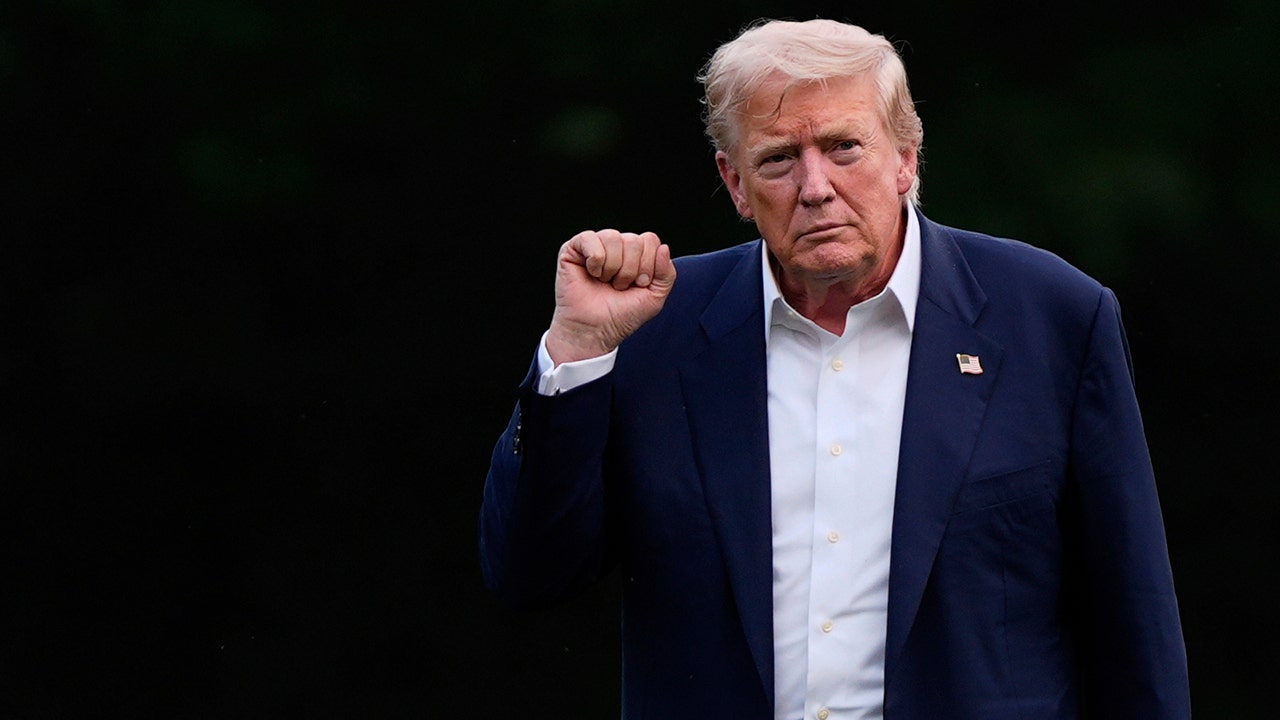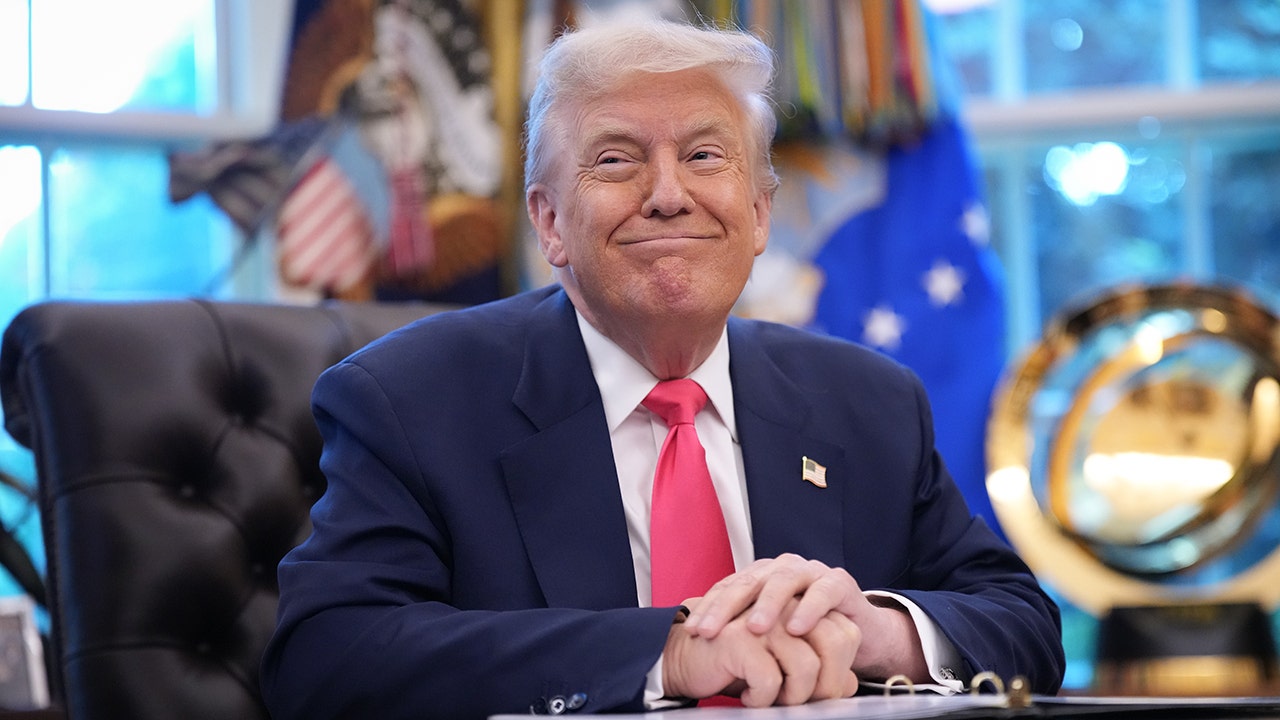NEWYou can now listen to Fox News articles!
House and Senate lawmakers are returning to Washington from their home turfs to face a litany of critical battles in the coming weeks.
Tuesday marked the end of Congress’ annual August recess, and legislators are being met with several deadlines, ranging from averting a partial government shutdown to possibly extending President Donald Trump’s grip on D.C.’s police force.
COMER SUBPOENAS THE CLINTONS, TRUMP’S DOJ IN HOUSE OVERSIGHT’S EPSTEIN PROBE
Government funding
The House and Senate will overlap for just 14 days between Tuesday and the Sept. 30 government funding deadline, and no agreement has been reached yet on fiscal year (FY) 2026 spending priorities.
It’s likely that a stopgap extension of FY 2025 funding levels – called a continuing resolution (CR) – will be needed to avert a shutdown, which could have politically damaging consequences for Republicans while they control both Congress and the White House.
Democrats, unhappy with Republican efforts to rescind prior appropriated funds via the rescissions process, have signaled they’re ready to play hardball.
Any funding bill will need to pass through the Senate’s filibuster threshold, meaning Senate Majority Leader John Thune, R-S.D., can only lose a handful of votes. Senate Minority Leader Chuck Schumer, D-N.Y., is still calling for a bipartisan process, but trust across the aisle is wearing thin.
A White House official told reporters on Friday they believe a clean CR, meaning without any changes or riders attached, would put Democrats in a difficult position and that rejecting one would pin the blame for a shutdown on the left.
Republicans themselves will have precious little room for error, however. Two special elections in safe blue seats between now and Sept. 30 are poised to shrink the House GOP majority from three seats to two.
CONGRESSIONAL REPUBLICANS FACE BRUISING BATTLE TO AVOID GOVERNMENT SHUTDOWN

Epstein files
A bipartisan effort to force a House-wide vote on releasing the Department of Justice’s (DOJ) records on Jeffrey Epstein is expected to move full-throttle this week, even as the DOJ has already agreed to hand a tranche of files over to the House Oversight Committee.
Reps. Thomas Massie, R-Ky., and Ro Khanna, D-Calif., are leading what’s known as a discharge petition, a mechanism for forcing a vote on legislation over the wishes of House leaders. That’s if the petition gets a majority of House lawmakers’ signatures.
Speaker Mike Johnson, R-La., publicly condemned the effort in July, dismissing discharge petitions as a tool of the minority party and asserting that all Republicans were in favor of transparency in Epstein’s case.
Khanna told NBC News’ “Meet The Press” over the weekend that the petition would go live on Sept. 2, and that he and Massie have more than enough commitments to force a vote.
CAPITOL HILL PREPARES FOR HIGH-STAKES BATTLE OVER TRUMP CRIME PACKAGE, DC POLICE AUTHORITY
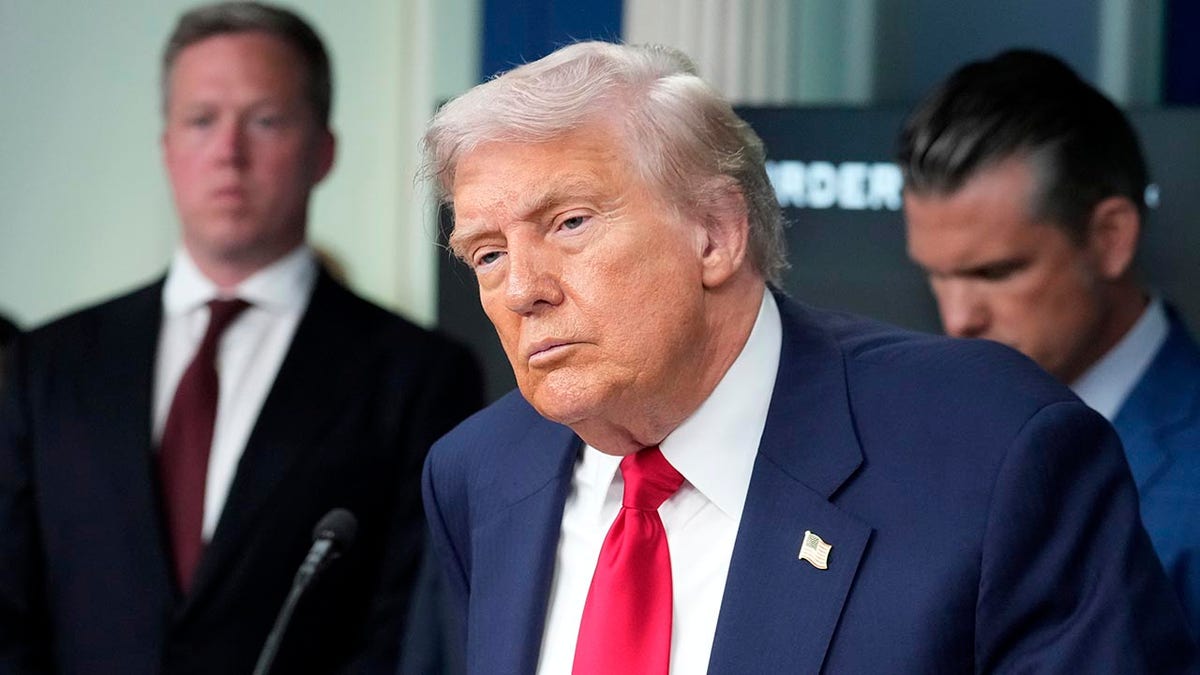
DC police order
This week will also see the end of Trump’s 30-day hold over Washington, D.C.’s, police force, barring congressional action to extend it.
Trump federalized the Metropolitan Police Department (MPD) last month as part of a wider effort to crack down on crime in the capital city. Under D.C.’s Home Rule Act, his authority over the local police can last 30 days unless Congress passes a joint resolution to extend it.
The president suggested in August, however, that he could bypass Congress on the issue if he declared a national emergency — a move that some Republicans are already on board with. Additionally, Trump’s deployment of federal troops into the District does not have a statutory end date.
It’s not clear yet which route will be taken, but a leadership aide told Fox News Digital last month that House leaders were working with the White House on a package of legislation addressing D.C. crime.
Trump’s nominees
Senate Republicans were unable to get a deal in place to advance dozens of low-level nominations before leaving Washington last month.
Currently, Trump has 145 nominees scheduled on the executive calendar with more expected to make their way through committee as lawmakers continue their workflow.
And Republicans are willing to go nuclear on Senate Democrats to get their nominees through. That would mean unilaterally changing the rules in the upper chamber without Democrats weighing in.
The Senate GOP is set to meet this week to discuss the proposed rule changes, which could include shortening the debate time for certain nominees, bundling nominees together into a package or skipping the cloture vote on some nominees altogether.



